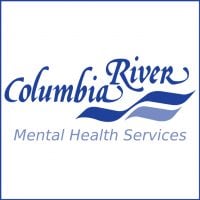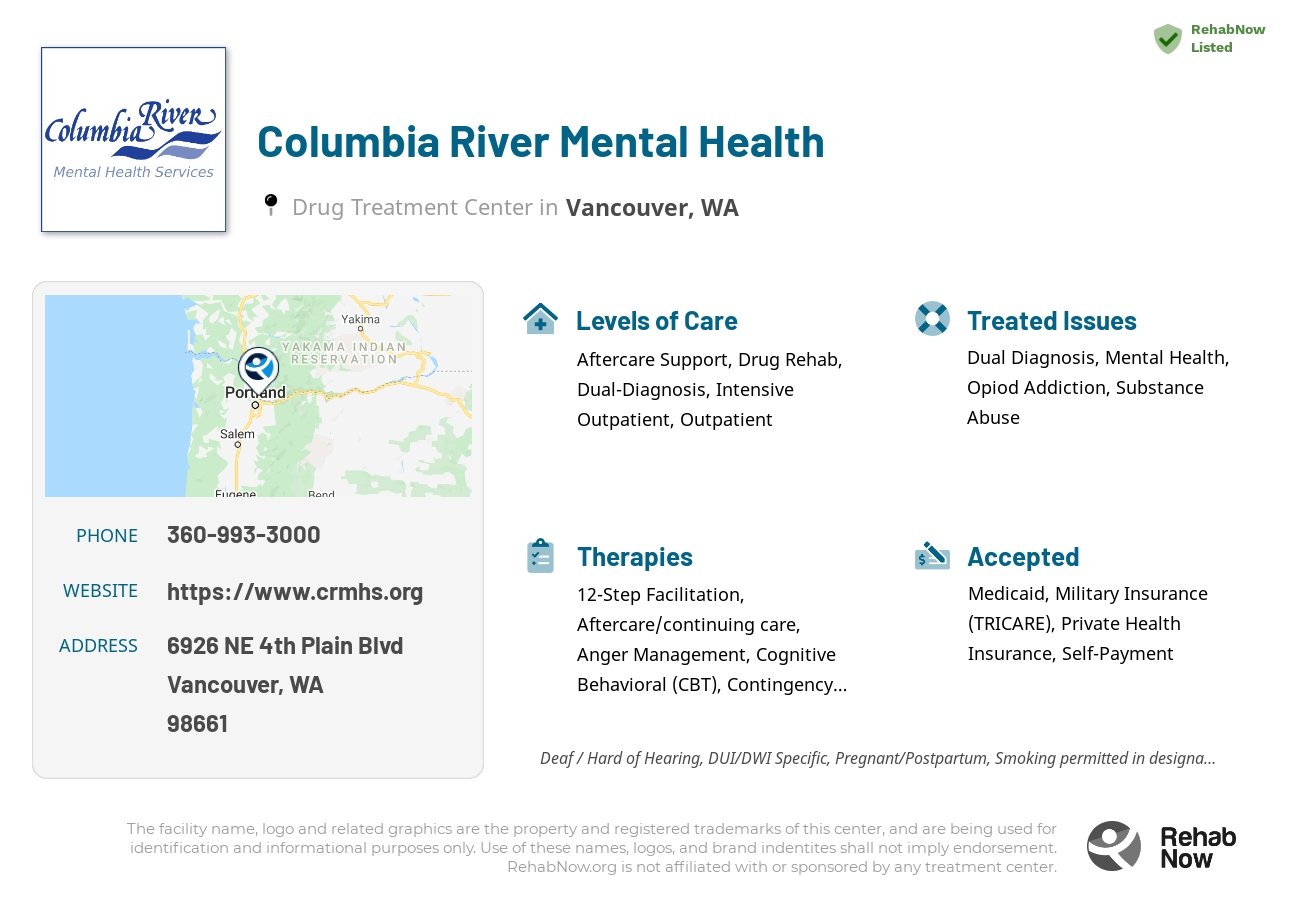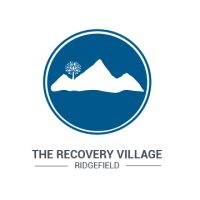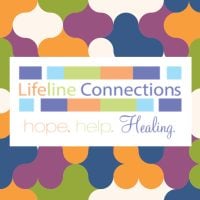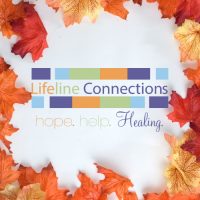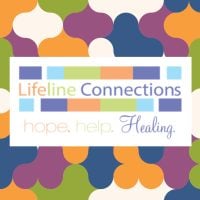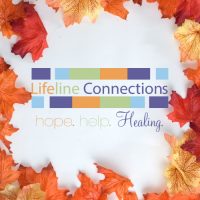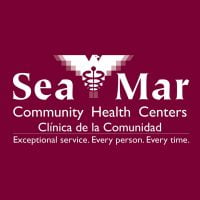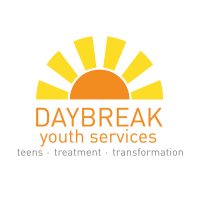Columbia River Mental Health
Drug Rehab Center in Vancouver, Washington
Columbia River Mental Health is a non-profit organization that provides a wide range of mental health and addiction support services, specializing in medication-assisted treatment and offering therapeutic interventions, holistic and integrative services, and achieving the highest level of accreditation for addiction and mental health services.
About This Washington Facility
Columbia River Mental Health (CRMH) in Vancouver, WA is dedicated to transforming lives through comprehensive behavioral health and recovery services for children, adults, and families in the SW Washington community.
CRMH focuses on treating mental health disorders, substance abuse, and urgent physical health needs, providing holistic care for overall well-being.
Treatment at CRMH includes personalized programs, medication-assisted treatments, counseling, and support services for all ages. The NorthStar Clinic offers recovery services at any stage. CRMH is SAMHSA accredited.
- CARF-accredited facility, ensuring the highest level of addiction and mental health services
- Specializes in medication-assisted treatment for substance use disorders and opioid dependence
- Offers positive reinforcement therapies like CBT, DBT, and contingency management
- Provides holistic services such as yoga, nutrition, mindfulness, and health education
Washington faces a significant opioid addiction crisis. CRMH's NorthStar Clinic, with its comprehensive medication-assisted treatment and recovery services, is well-equipped to help individuals overcome opioid dependence.
CRMH is ideal for individuals of any age in SW Washington seeking comprehensive, personalized treatment for mental health and substance abuse issues.
Genders
Ages
Modality
Additional
Accreditations
SAMHSA
Conditions and Issues Treated
Substance abuse typically leads to addiction, which requires specialized treatment programs at Columbia River Mental Health to address. Many people benefit from inpatient drug rehabilitation, which includes inpatient acute care and residential rehabilitation. Other levels of care include intensive outpatient therapy, individual counseling, and support groups. Family therapy is also an essential part of treatment for substance abuse.
A combination of treatments is often needed to treat drug abuse issues effectively. In the case of drug abuse, there is no easy answer or one-size-fits-all cure.
Opioid addiction treatment helps people addicted to opioids in Washington curb their drug use. The selection of a treatment setting depends on the severity of the addiction. Mild cases are usually treated in outpatient facilities; severe cases need hospitalization or treatment in a residential facility. Doctors use medicines along with counseling and behavioral therapies to treat the addiction. The treatment includes medication, counseling and therapy. It can also include group counseling, individual counseling and family counseling.
People with dual diagnosis have coexisting addiction and a mental disorder. 9.2 million US adults had a co-occurring disorder in 2018, so not just limited to Washington residents. Best treatment combines medication, psychotherapy (talk therapy), support group, and inpatient rehabilitation. Sometimes, complementary therapies – yoga, massage, and acupuncture – may also be used.
Levels of Care Offered at Columbia River Mental Health
This center offers a variety of custom treatment tailored to individual recovery. Currently available are Aftercare Support, Drug Rehab, Dual-Diagnosis, Intensive Outpatient, Outpatient, with additional therapies available as listed below.
Columbia River Mental Health offers an Intensive Outpatient Program is for those who need intensive care but prefer to spend the majority of their time in the comfort of their own home. The rehabilitation services differ in length and intensity. They are customized to meet the needs of the patient.
Outpatient treatment plans cover diagnosis, detoxification, management, and counseling. They are a popular option for those who have graduated from inpatient facilities. Services in Washington include medication-assisted treatment (MAT) and individual and group therapy.
After treatment, addiction treatment can be frightening for newly sober people. Aftercare support provided by Columbia River Mental Health is designed to give resources and help on a continued basis. It can involve finding housing in and around Washington, setting up 12-step meeting groups, continued medical monitoring, and counseling.
Therapies & Programs
Couples therapy aims to rebuild the trust between the partners. Partner’s involvement in the process will result in greater chances of treatment success. Couples therapy addresses financial issues, loss of trust, lack of intimacy, and physical abuse.
Family therapy is a set of therapeutic approaches that assumes that the entire family is a system. It utilizes the strengths and resources of the family to help the patient refrain from resorting to substance abuse. The impact of substance abuse is not just on the patient but on the entire family. Family therapy ensures that the patient gets adequate support from the family members after the treatment making the recovery process sustainable
- Family therapy guides all the members of the family to help the patient.
- It helps to repair relationships and improve communication between family members.
- It helps to keep the patient engaged and motivated throughout the treatment.
Group therapy is an important tool in recovery. Finding a peer group in Vancouver, WA and others who relate to your situation is a fundamental tool for recovery at Columbia River Mental Health. Addiction tends to lead to isolation and feelings of uniqueness. The accountability and friendship that is found in group therapy can be more effective than any single other treatment approach. This is generally introduced early in recovery and is recommended as a lifetime treatment habit.
Trauma therapy is a way of addressing trauma while in a safe situation in order to heal. This may involve Columbia River Mental Health managing individual or group counseling or both. Other forms of therapy have been proven to assist in healing past traumas.
A type of cognitive-behavioral therapy is Dialectical Behavioral Therapy. It is intended for those who are vulnerable to self-harm and suicidal thoughts. Columbia River Mental Health aims to help patients understand the connection between their feelings, emotions, and behaviors and provide them with the tools to make a difference in Vancouver, WA. For those whose addictions and habits originate from severe mental health problems, it is beneficial.
Negative feelings are common in substance abuse disorders. If not recognized, they can cause co-occurring disorders. CBT involves strategies that help to change the thinking and behavioral pattern. It can be administered as a monotherapy as well as a part of combination therapy.
The first three steps depend on the patient, so they are more specific and situational. The succeeding four steps center on practical issues brought on by substance abuse. Steps 8 and 9 deal with the social and emotional repercussions of addiction, encouraging patients to make amends to people they have wronged. These are followed by two steps revolving around the further exploration and reinforcement of Steps 1 to 9.
The last step requires an individual to extend a helping hand to people who are still in the early stages of their recovery.
Payment Options Accepted
For specific insurance or payment methods please contact us.
Is your insurance accepted?
Ask an expert, call (888) 674-0062
Additional Details
Specifics, location, and helpful extra information.
Vancouver, Washington 98661 Phone Number(360) 993-3000 Meta DetailsUpdated April 15, 2024
Staff Verified
Patient Reviews
There are no reviews yet. Be the first one to write one.
Vancouver, Washington Addiction Information
Washington's substance use, abuse, and addiction rates have followed the trends of the rest of the over the past years. Methamphetamine abuse is the biggest threat to Washington. Heroin-related overdoses increased by almost 450% from 2006 to 2016. 20% of all annual deaths in Washington are somehow drug and/or alcohol-related. Drugs are widely abused in Washington because they are easily trafficked in and out of the state.
Vancouver, WA, has one of the highest rates of drug abuse in the entire country. In 2016, there were 392 drug-related calls for service, an increase of almost 9% from the year before. The most common drugs abused in Vancouver are methamphetamine and marijuana. Vancouver, Washington, has many different types of drug rehab centers that offer various services. 12-step programs are generally ongoing and common there.
Treatment in Nearby Cities
- Pullman, WA (270.1 mi.)
- Centralia, WA (75.9 mi.)
- Mead, WA (288.8 mi.)
- Richland, WA (165.9 mi.)
- Colville, WA (298.6 mi.)
Centers near Columbia River Mental Health
The facility name, logo and brand are the property and registered trademarks of Columbia River Mental Health, and are being used for identification and informational purposes only. Use of these names, logos and brands shall not imply endorsement. RehabNow.org is not affiliated with or sponsored by Columbia River Mental Health.
